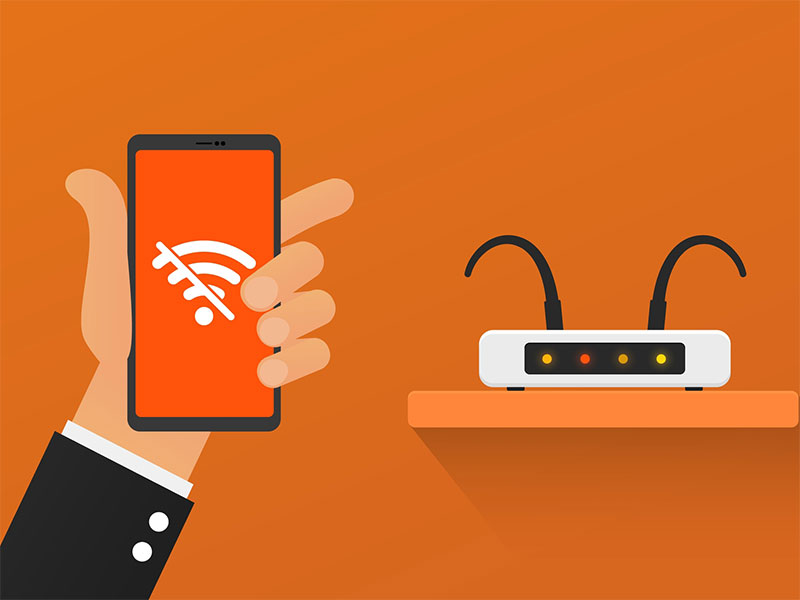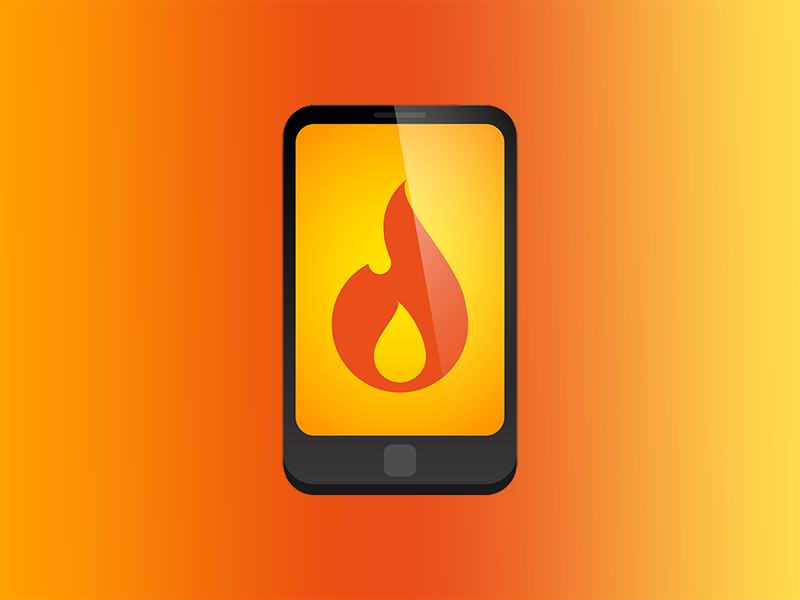How to Get a Book Appraisal (Expert Advice)
Flipsy.com taps top book appraisal experts to show you how to get an accurate appraisal for a book, how much it costs, and how to avoid being scammed
Finding the value of any given book is often as simple as looking up its ISBN (International Standard Book Number) on Flipsy, but if you want to know the value of a book published prior to 1970 – when the ISBN system was introduced – you’ll need the help of an expert book appraiser. Many older books are valuable, especially those that are rare, collectible, and historically-significant. The following presents expert advice from top book appraisers to help you get an accurate value for your books, understand book appraisal fees, and avoid being scammed in the process.
Where to get a book appraised
There are three types of professionals who can provide accurate book appraisals:
● Professional book appraisers
● Professional book dealers
● Professional auction houses.
Ed Hoffman, owner of Columbus, Ohio-based Hoffman Books, recommends having your book appraised by a member of the Antiquarian Booksellers Association of America (ABAA), a sentiment echoed by Adam Weinberger, who specializes in pre-1800 books and manuscript material.
“We have a site for this called RareBookBuyer.com, but the public can also look for ABAA dealers or contact a major auction house like Sotheby’s or Christies,” Weinberger says, adding that the public should check online reviews before choosing an appraiser.
It’s important to conduct your own research on book appraisal options before committing to a specific appraiser, particularly to avoid potential conflicts of interest. James Beattie, a 35-year book appraisal veteran who operates BooksAppraised.com, recommends asking appraisers about their qualifications and even requesting references.
“The public should go to a qualified and experienced appraiser like myself, and preferably to someone who only appraises books and is not in the business of buying and selling them,” Beattie says.
Weinberger maintains that reputable book dealers can offer accurate appraisals and eliminate conflict of interest by providing historical sales data.
“Dealers may have a conflict of interest if they also try and buy the books,” Weinberger says. “Reputable dealers will often supply realized auction records that show what the books have sold for and base any offers off that. The public understands dealers have to make money.”
How much does a book appraisal cost?
The price of a book appraisal varies dependent on three factors:
● The appraiser’s rate (hourly or flat fee)
● The appraiser’s travel expenses (if required)
● The number of books to be appraised (size of collection)
Having a single book appraised, particularly one that’s well-known to appraisers or has a verifiable sales history, should be relatively inexpensive. Large collections require more time to appraise and therefore cost more. Rare and historical books – as well as those without sales histories – can require extensive research and even travel by the appraiser, and therefore could be quite expensive to appraise (though the value of such books can far outweigh appraisal costs). An experienced book appraiser should be able to give you a cost estimate upfront; moreover, they should also be able to tell you whether a given book is worth extensive research.
Book appraisers tend to charge anywhere between $75 and $400 per hour for their services; and most fall in the $100 to $200 per hour range.
“Generally speaking, the cost of an appraisal increases with the number of books to appraise. There is no ‘typical’ cost for an appraisal,” says Beattie, who adds that the IRS mandates that appraisal fees cannot be based on the value of the items being appraised.
Are there free book appraisal options?
It’s possible to get an informal book appraisal for free, but appraisals that require formal documentation generally incur fees. Weinberger cautions that you must be careful when it comes to free dealer appraisals, particularly if a conflict of interest exists. A conflict of interest can be present if a dealer offers a free appraisal with no supporting evidence of value, then tries to purchase the book. Still, an informal appraisal can help you decide whether a book merits a full, paid appraisal.
“If someone contacts me about a book or a few books and I can tell them the values without having to research them there is no charge,” says Beattie. “If someone needs a formal written and signed appraisal which will be submitted for tax or insurance purposes I doubt very much that a free appraisal could be found, or if it were, I don’t believe it would be of much value.”
Are there book appraisal scams?
None of the experts we polled were aware of specific book appraisal scams, though Weinberger says there can be high fees for appraising books or collections that do not merit it. Weinberger, Hoffman, and Beattie all agree that the best way to protect yourself from potential scams is to only deal with reputable book appraisers. You can seek appraisers who are members of the ABAA, who have excellent online reviews, and who can provide references upon request to avoid being scammed.
Keep in mind that in many cases an appraiser will have to see your book to offer an accurate appraisal. This, you need to ensure you can trust leaving your valuable books with your selected appraiser.
“We specialize in early printed books and manuscript material, which really requires a first-hand examination as there are so many factors that influence the value,” says Weinberger.
Should you get a second opinion on book appraisals?
Getting a second opinion costs more money, but it can also help verify the accuracy of a given book appraisal. Weinberger says “unless auction records are supplied that clearly show what comparable copies have sold for, it is wise to get two opinions at least – especially if the intent is to sell the books.”
Hoffman and Beattie maintain that second opinions aren’t necessary as long as you’ve selected a reputable appraiser. As Beattie puts it, “If you have chosen a qualified experienced appraiser in the first place, I don’t see any reason to spend more money in order to get a second opinion. However, if you do get a second opinion, you will get a somewhat different opinion of value; in that case, which one is really correct?”
What else do you need to know about selecting a book appraiser?
Reputation and experience are the two most critical factors when selecting an appraiser. The best appraisers will only offer appraisals for books they’re qualified to appraise.
“If a material is not in our specialty, we often recommend other reputable dealers or auction houses,” says Weinberger.
Beattie adds: “Experience is by far the most important factor resulting in a good appraisal which is sufficiently accurate and supportable to withstand scrutiny. Is the appraiser willing to go to court to defend his appraisal?
“Keep in mind that an appraisal is an opinion of value, albeit an educated opinion. There really is no completely objective and precise value that could be assigned to a collection of books. Ten appraisers looking at the same collection will come up with ten different figures; but if they’re all qualified and experienced, those numbers should be fairly close.”
Next: Is Cell Phone Repair Still A Good Business?

 iPhone Won’t Turn On? Here’s Why & How to Fix It
iPhone Won’t Turn On? Here’s Why & How to Fix It  How to Know If Your Phone Has a Virus & How to Remove It
How to Know If Your Phone Has a Virus & How to Remove It  iPhone Won’t Connect to WiFi? Here’s How to Fix It
iPhone Won’t Connect to WiFi? Here’s How to Fix It  Why Your Phone is Slow & How to Speed It Up
Why Your Phone is Slow & How to Speed It Up  What Is a Burner Phone & When Should You Use One?
What Is a Burner Phone & When Should You Use One?  iPhone Water Damage Repair: 3 Options & What They Cost
iPhone Water Damage Repair: 3 Options & What They Cost 

